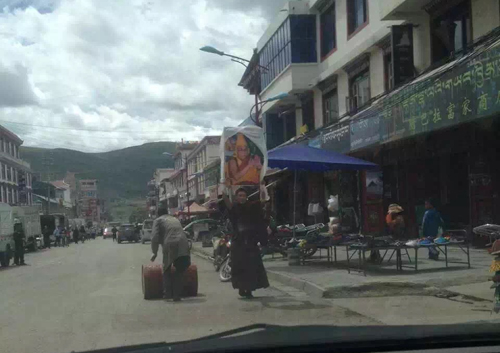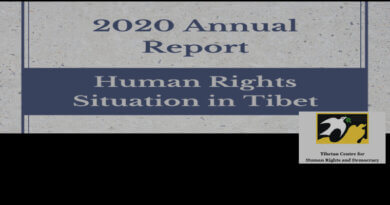Triund Trek Faces New Regulations, Backlash

DHARAMSALA, 5 Dec: To preserve the ecological balance of the Triund trek in the Dhauladhar range, Forest Department officials have established a checkpost at Gallu to collect fees from trekkers, as reported by The Tribune. The regulations, effective immediately, encompass a cap on the number of trekkers allowed per day, the imposition of a trekking fee, and restrictions on overnight stays.
According to the report, the new measures were implemented following a meeting on November 23, where the Eco Tourism Society of Dharamsala decided to introduce regulations to manage the increasing tourist activity. Under the new rules, the number of trekkers permitted on the Triund trail has been capped at 400 per day.
Additionally, only 20 tents will be allowed at the summit, and no more than 40 tourists will be permitted to stay overnight at the summit on the Dhauladhars.
To regulate and mitigate the environmental impact of overnight stays, a fee of Rs 1,000 will be charged from individuals opting to stay overnight. Moreover, a flat fee of Rs 200 per person will be imposed on all trekkers, regardless of the duration of their visit.
These measures have been introduced to address concerns about the environmental impact of the increasing number of tourists visiting Triund.

The picturesque landscape and fragile ecosystems have faced degradation due to irresponsible trekking and camping practices. This has sparked a debate between conservation and tourism development. While environmentalists and conservationists applaud the move, the Hotel Association of the state and those involved in adventure tourism in the region have expressed reservations, asserting that the new regulations may negatively impact adventure tourism.
Ashwani Bamba, President of the Hotel and Restaurant Association of Dharamsala, expressed concerns over the proposed tariff in the report, deeming it high for the predominantly student and adventure sports trainee demographic of trekkers who often face financial constraints. “Understanding the need for revenue generation and maintenance of the trekking trails, we propose a reduced fee of Rs 50 per person for the entry permit,” he said. Additionally, he criticized the Rs 1,000 tent pitching fee, considering it unreasonable without essential amenities like tent equipment, bedding, water, and toilet facilities.
Bamba has reportedly requested the Forest Department to reassess tent pitching charges, recommending a maximum fee of Rs 200 per tent on a twin-sharing basis. He emphasized that addressing these concerns could significantly enhance the overall appeal of Triund peak as a trekking destination. DFO Dharamsala, Dinesh Kumar, who is a member of the Eco Tourism Society, stated in the report that the rules have been framed based on the order issued by the Himachal High Court to regulate tourism on the Triund summit. The money generated from fees would be used to improve the trek and provide better facilities for tourists.
In opposition to the move, Rashpal, engaged in trekking and camping business in the region, has argued that the “rules would negatively impact adventure tourism.”






